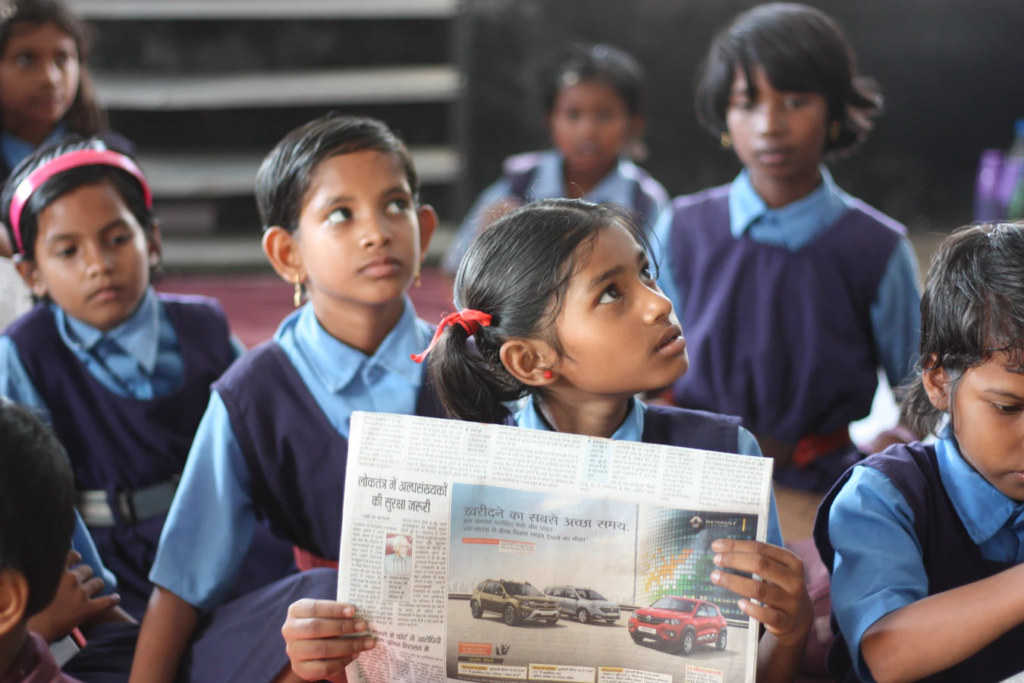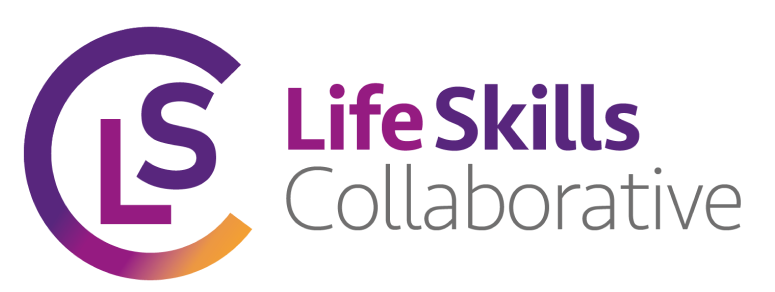- /
- /
-
From Youth to Responsible Citizens of Tomorrow
From Youth to Responsible Citizens of Tomorrow
Life Skills, in a nutshell, are a set of behaviours that contribute positively towards helping an individual become life-ready, be able to make well-informed decisions, as well as help our youth build up awareness about themselves and the world around them. The World Health Organization recognises it as “the abilities for adaptive and positive behaviour that enable individuals to deal effectively with the demands and challenges of every day.”
While there is no definitive or exhaustive list of skills that can result in the defined objective, studies in social behaviour have identified a few core skills that pave the way for a happy, peaceful, and productive life. These include communication & interpersonal skills, decision making & problem solving, creative thinking & critical thinking, awareness and empathy, assertiveness and resilience.
Important as they are, these skills are often taken for granted as an individual’s character traits. The presence or absence of these skills are attributed to the home environment which a person grows up in. Though this is partially true, it is equally true that life skills are learnt outside of a home environment as well. The fact that a child learns to behave as a part of a team in a school playground is a perfect example of this.
Even a casual look around will tell us that life skills deficiency is a huge problem. More often than not, several behaviours that are not conducive to civic life stem from the lack of life skills – be it throwing a candy wrapper on the sidewalk, not making way for an ambulance, or road rage.
It is important to incorporate life skills in our education framework throughout the country to enable our youth for a better tomorrow towards a future that they feel prepared for. In schools and colleges and in personality development centres, as a part of skill-building programmes, governments, academic institutions and civic society must come together and work with each other to make life skills a part of the curriculum.
Life Skills Collaborative is an initiative that works in this space. We champion life skills for India’s young people to thrive. Through a number of tools, namely Voices, Glossary, and Assessments, we understand what life skills mean to our stakeholders and further help in instilling these interventions within Indian educational frameworks.




